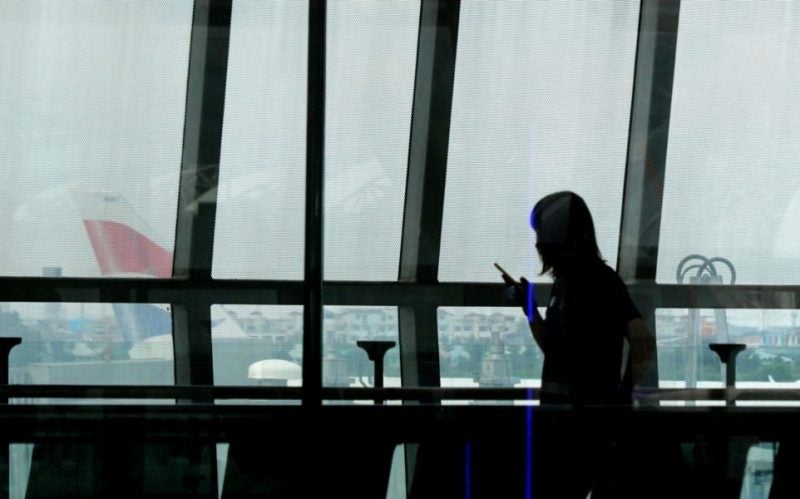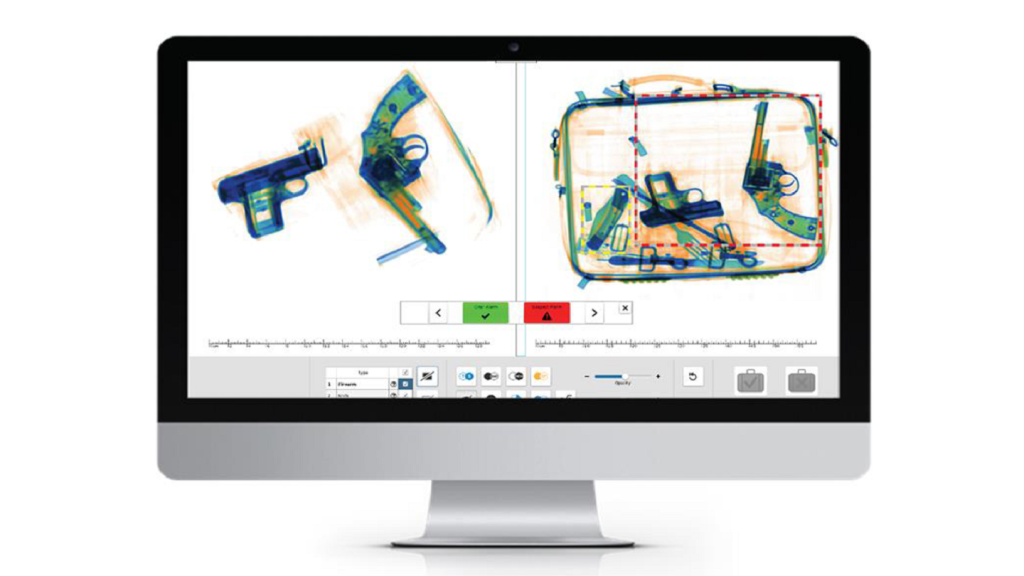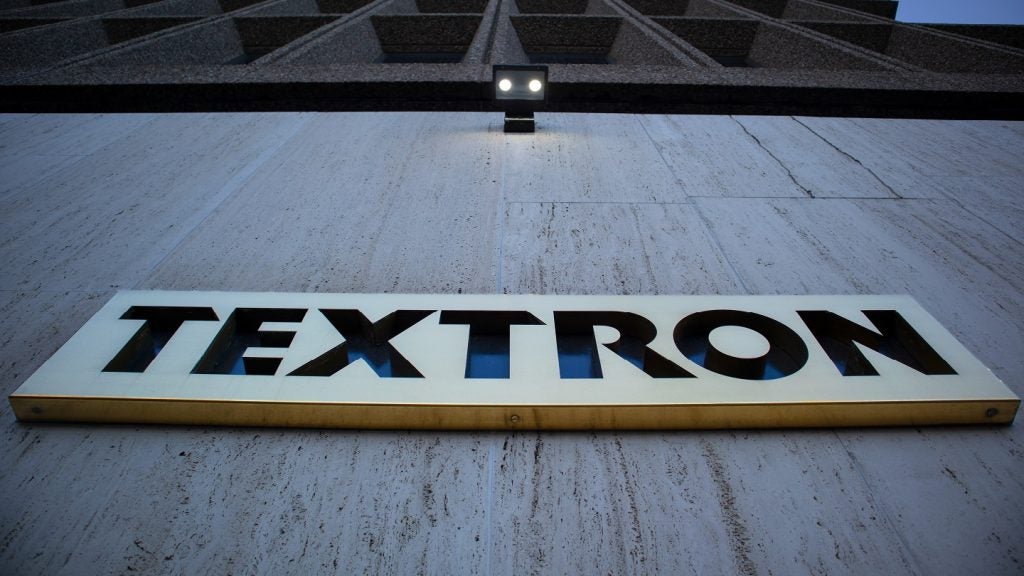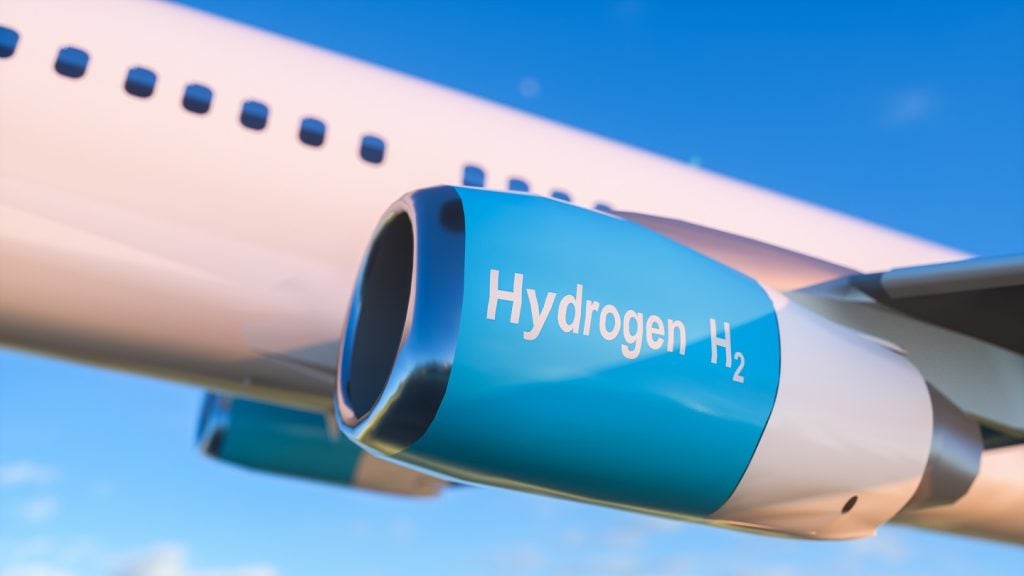
Airport Technology readers are largely sceptical about the role airports are playing in preventing the spread of the ongoing Coronavirus outbreak, an internal survey has found.
Of the total 6,075 voters, a large majority (55%) declared they are “not confident” about airports’ efforts to identify affected passengers. Of the remaining 45%, only 14% showed trust in airports’ detection measures, while 31% said they were “unsure” about them.
The disease, which originated in the Chinese province of Wuhan in late December and escalated beyond its borders in the months that followed, has so far claimed 2,850 lives.
A global health crisis according to the World Health Organization, coronavirus – also known as Covid-19 – initially spread to China’s neighbouring countries and is now being registered in Europe as well as Australia, Africa and the US. As of Friday 28 February, the total number of registered infections has risen to around 83,300, with around 78,000 infections in mainland China. However, official figures show there have been 36,000 recoveries worldwide.
Passenger screening at airports
As early as January this year, most airports around the world started putting in place preventive safety measures against the spread – a move, however, that Airport Technology readers don’t feel could be effective enough.
The task is undoubtedly proving harder than expected, as traditional screening procedures are limited when it comes to detecting early signs of infection and can often miss out on early contractors.
How well do you really know your competitors?
Access the most comprehensive Company Profiles on the market, powered by GlobalData. Save hours of research. Gain competitive edge.

Thank you!
Your download email will arrive shortly
Not ready to buy yet? Download a free sample
We are confident about the unique quality of our Company Profiles. However, we want you to make the most beneficial decision for your business, so we offer a free sample that you can download by submitting the below form
By GlobalData“At an airport, the thing you are screening for is temperature,” Dr Jeremy Farrar, director of the Wellcome Trust, told the Guardian in January.
Airports typically perform thermal screening of passengers to reveal infections such as swine flu or influenza. This procedure is carried out via mass-screening technologies that measure temperature through thermal imaging and temperature-detection equipment.
According to Farrar, however, symptoms are not always easy to spot, and it might take time for a contractor’s temperature to rise. “We do not know yet if a person who has been infected with this new virus will have a high temperature when they are at their most infectious and ready to pass on the virus,” he added.
Uncertainty about the effectiveness of these procedures is sparking concerns not just among our readers but worldwide, leading several airlines to cancel flights to and from highly infected countries, and governments to put in place travel restrictions.
Additional precautionary measures
In addition, several airports are now adopting quarantining measures. This is the case of London Heathrow, which has block-booked a hotel in its proximity for this purpose, as well as the US where President Donald Trump has set up 11 quarantine camps next to major airports.
Extra precautionary initiatives are taking place at global hubs like Singapore’s Changi, which installed more than 1,000 hand sanitisers throughout its terminals. The airport also started frequent cleaning of “high-contact areas” such as doorknobs, handrails and touch screenings and is using ozone-infused water to clean toilet floors.
In late January, airport operators’ representative body Airport Council International (ACI) World published a bulletin urging local authorities and operators to put in place an airport plan that covers aspects such as communication, screening, entry and exit controls and coordination with the health authority. The organisation also put together a set of guidelines for the wider industry to refer to as the outbreak continues to spread.
“The guidance we have issued today reiterates a number of options and best practices that airports and national authorities can use to protect against communicable diseases that might pose a serious risk to public health,” said ACI World director general Angela Gittens.
“The recommendations are designed to reduce exposure to an infectious agent at airports and to improve the response to health-related emergencies by establishing standards and procedures for rapid decision-making and action.”
Meanwhile, the International Air Transport Association (IATA) – which represents global airlines – recently announced the outbreak is expected to cause a 13% full-year loss of passenger demand for airline operators in the Asia-Pacific region, resulting in $27.8bn revenue losses during 2020.







